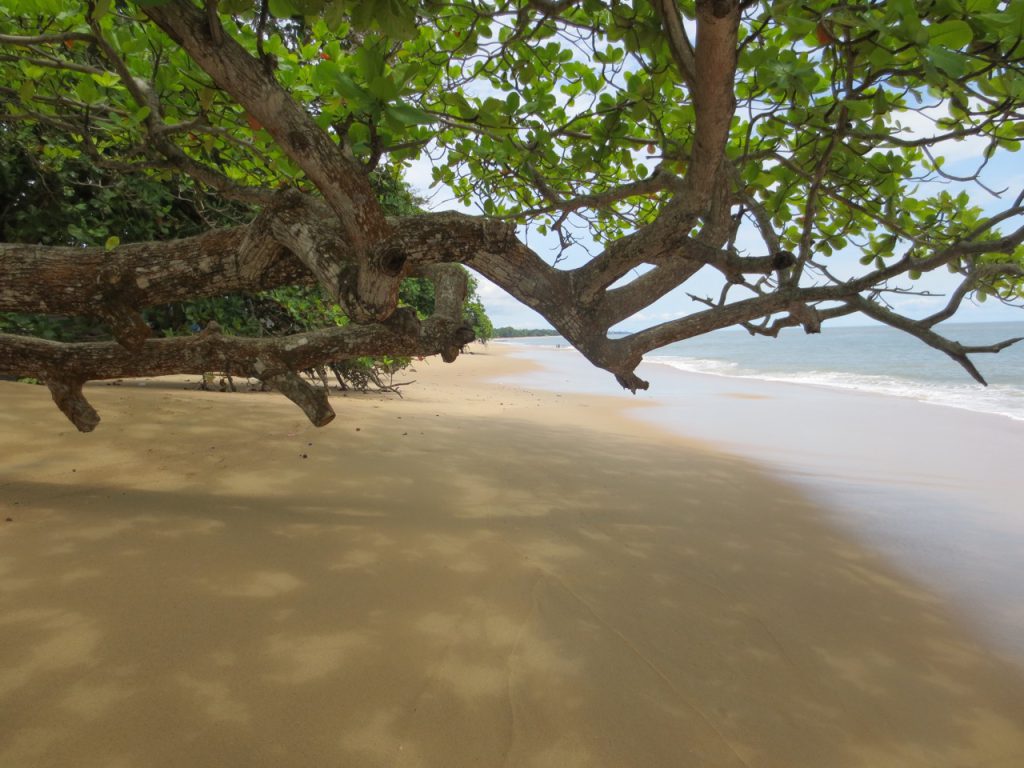Is there a secret to longevity? This health expert says 1,000% yes
In the era of social media, post-COVID, and with mental health at the forefront, a shift is taking […]

Renowned for hosting the largest global population of leatherback turtles, Gabon’s beaches and coastal waters are estimated to house nearly a third of this endangered species’ global population.
The concept of a debt-for-nature swap is fundamentally a financial operation where a country’s debt is acquired by a bank or specialist investor and substituted with more affordable ones. This is typically facilitated by a multilateral development bank providing a ‘credit guarantee’ or ‘risk insurance’. The resultant savings are then channelled into funding conservation efforts.
The Central African nation announced in a regulatory filing on the London Stock Exchange that it had commenced the process to “launch invitations to tender for purchase by the Republic for cash its 2025 Notes and 2031 Notes”. This news resulted in a rise of as much as 2.2 cents on the dollar in the three Eurobonds mentioned.
The February 2031 bond saw a jump of 2.203 cents to 83.702 cents, and the November 2031 bond increased by 2.129 cents to 83.573 cents. Both remain below the Gabonese government’s offer to repurchase the bonds for 85 cents per $1 of the bond. The 2025 bond also saw an increase, rising 1.194 cents to 95.4 cents, still below the offer price of 96.75 cents.
The transaction was anticipated for a while. Earlier this year, industry insiders informed Reuters that the U.S. International Development Finance Corporation (DFC) would provide political risk insurance, mirroring similar recent deals in Ecuador and Belize. In May, Ecuador executed a record $1.1 billion debt-for-nature swap, liberating an annual $18 million for the next two decades to conserve the Galapagos Islands.
A few other African countries, Sri Lanka, and several Caribbean and Indian Ocean islands are said to be exploring debt-for-nature deals, according to bankers. The African Development Bank and the European Investment Bank have shown interest in providing credit guarantees. Multi-country deals are also being contemplated in this rapidly developing asset class.

In the era of social media, post-COVID, and with mental health at the forefront, a shift is taking […]

With its fast speeds and revolutionary potential, 5G stands out as a noteworthy milestone in the field of […]